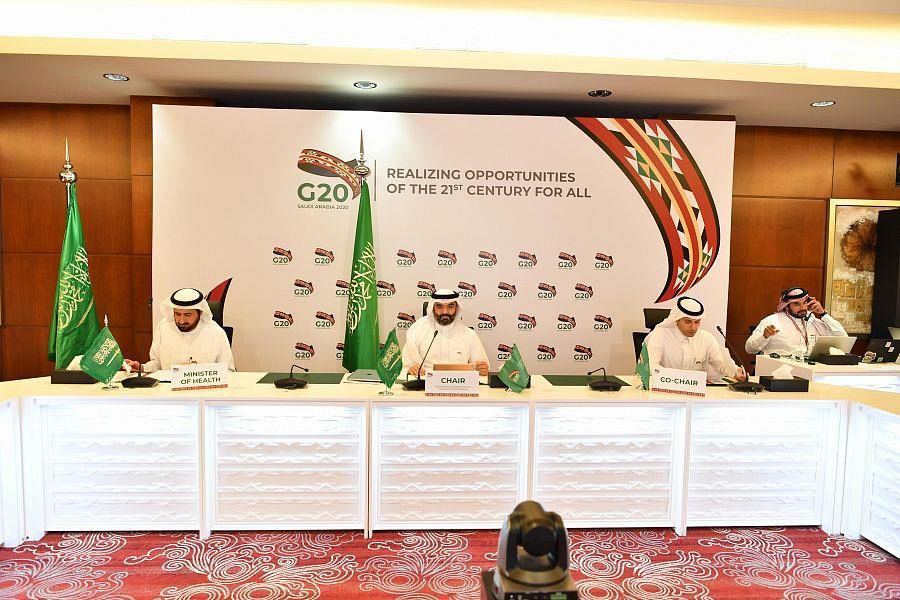
RIYADH — With two months left before the G20 Leaders’ Summit, as the world grapples with protracted global health and economic crises, the Labor and Employment Ministers of G20 nations met “to discuss recent global economic and labor market developments and to advance our work towards ‘Empowering People’ and ‘Realizing Opportunities of the 21st Century for All.”
The Women 20, the official G20 engagement group for the empowerment of women, which is independent of governments, welcomes the ministers’ statement that explicitly referenced the challenges faced by women in this crisis and the ways these challenges have deepened both labor and economic divides.
The ministers stated: “We recognize the importance of protecting and promoting decent jobs for all, especially for women and youth, within our domestic and global labor markets. We support comprehensive, robust and adaptive social protection systems and we are committed to tackling inequalities, including gender inequalities.”
W20 stands in solidarity with G20 Labor and Employment Ministers as they reaffirm their commitment to meet the goals of Brisbane “25 by 25,” “to reducing the gender gap in the participation rates between women and men in our countries by 25% by 2025.”
Importantly, the ministers acknowledged the critical role of women in creating a full economic recovery for all, especially that the inclusion of women can, in fact, be among the “drivers” of economic recovery from this crisis. The W20 welcomes the ministers’ pledge to “avoid any reversal of progress made so far” toward the Brisbane targets.
The Labor and Employment Ministers and the W20 are in full alignment in their shared recognition of the obstacles that prevent women from reaching their economic potential. Point 2 of the Ministerial Declaration highlights the importance of the Sustainable Development Goals and ensures that labor market and economic recovery efforts prioritize sustainable and inclusive growth in quality employment.
In line with this gender-responsive approach, the W20 has long advocated for gender-responsive budgeting to advance equitable opportunity for decent work. The statement also highlighted the importance of a shared care burden between men and women within households; this is also an important focus area of the W20. These interlinkages will pave the way for closer cooperation and coordination among the various relevant sectors and actors towards the goal of gender equality.
Dr. Thoraya Obaid, Women 20 chair said, “We are delighted to see that the Labor and Employment Ministers of the G20 have heard the voices of the W20, and women more broadly. With the support of our W20 delegates, we have been advocating for increased protection policies for women in the COVID-19 crisis to prevent the loss of existing achievements towards gender equality. The minister’s statement is a clear commitment for action, and it will find both resonance and further elaboration at the upcoming W20 summit in October.”
As G20 leaders and their Labor and Employment ministers work to fulfill the commitments made in this statement, we recommend the following policies to facilitate a gender-inclusive economic recovery:
• Expanding public services to ameliorate the childcare burden which disproportionately falls upon women so that by 2030 these services are available for all women in the labor market.
• The adoption of paid parental leave schemes to encourage shared responsibility of care work within families and improve overall work-life balance.
• Increasing investment in education and vocational training programs for women, particularly in sectors where women are underrepresented, such as the tech sector.
• Promoting policies to encourage closing the gender gaps in income, wages, pensions, and other earnings to align with SDGs.
• Implementing increased social protections for women operating in the informal sector to ensure coverage and compensation for all forms of work. — SG











